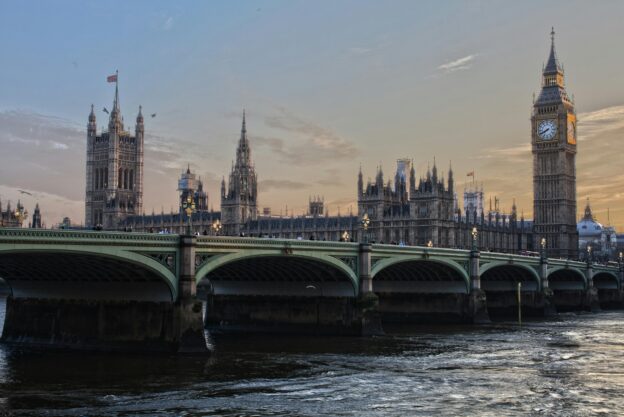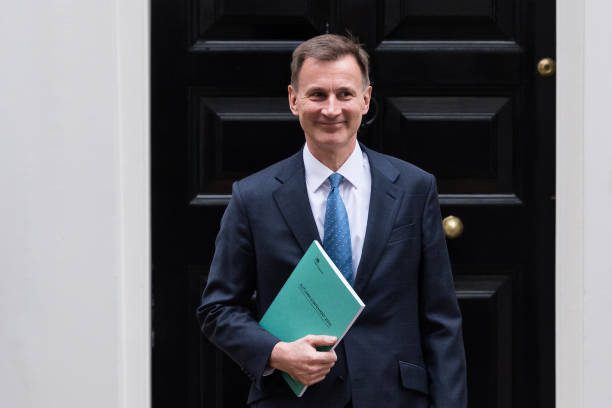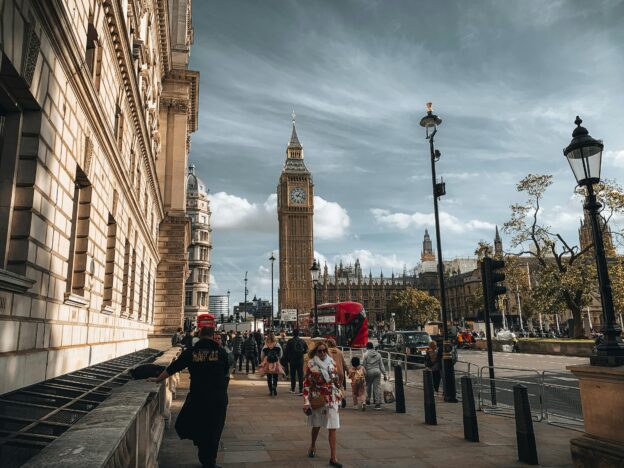GK Associate Joshua Owolabi and GK Adviser Noureen Ahmed assess the mood in Westminster ahead of the local elections in May.
Conservative Party (dis)unity in focus ahead of the local elections
With local elections taking place on 2 May, all eyes are firmly on the Conservatives, as the party braces for defeat. Respected psephologists Michael Thrasher and Colin Rallings, the Directors of the Local Government Chronicle’s Elections Centre, have predicted that the Party could potentially lose up to 500 seats, if it repeats its poor performance from the 2023 local elections. This would see half of the Tory councillors facing election lose their seats. Despite the optimism from Sunak’s allies that fellow Tory MPs will not agitate for yet another change in leadership, a heavy defeat could be perilous for the Prime Minister.
Speculation continues in Westminster about the implications of defeat for Sunak and his government. In recent months, press coverage has focused on whether a rebel group of MPs and former Tory advisers were plotting to use the election results to further undermine Sunak’s authority. There is already ammunition for the plotters to use, such as the rebellion in mid-April over the Second Reading of the Tobacco and Vaping Bill. The rebellion was orchestrated by the Tory right, and included potential successors, such as Kemi Badenoch. Although the Government won the vote, it was a reminder that party discipline is still lacking – an ominous sign ahead of the local elections.
Sunak’s opponents within the Conservative Party will be well aware of the historical significance of local elections. In 1979, 1997 and 2010 respectively, Thatcher, Blair and Cameron all secured general election victories following strong performances in the local elections that preceded them. As a general election is only a few months away, many would question how a change in leadership would be beneficial to the Party. However, if the Conservatives are routed by Keir Starmer’s Labour, then it presents disgruntled MPs with a choice – are their plans to prevent a general election defeat best served by pressuring the Prime Minister on policy and strategy in private, or are more drastic measures required?






